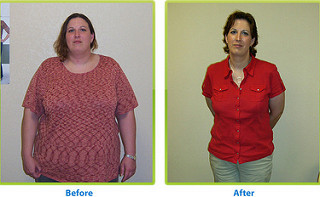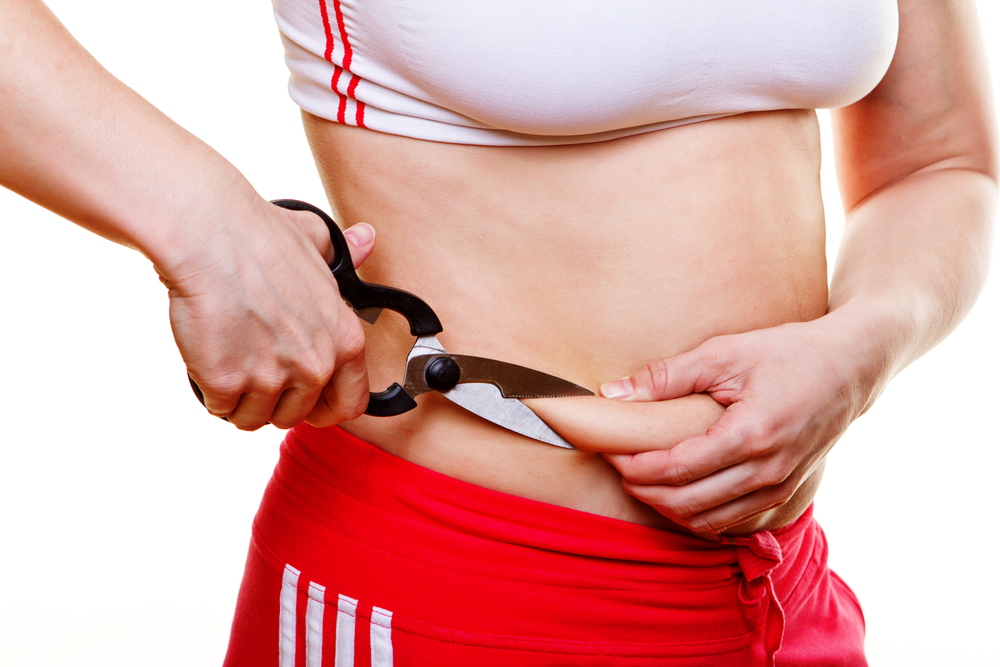To Eat or Not to Eat!
To Eat or Not to Eat!
We’re constantly surprised at how many people seem oblivious to smart food hygiene practices, simply out of ignorance- unless you’ve been taught these things or learnt through painful food poisoning experiences… most people simply guess what to do with food!
Here are some basic tips you can start implementing in your kitchen, to get the best out of food quality, taste, and food safety.
Is it safe to eat fruit and veggies with bruises?
Bacteria love to thrive in areas of fruit and veggies which are moist and bruised, so cut away that whole area. Spoilage or blemishes encourage growth of bacteria and molds which can cause health problems when we eat foods contaminated with them. The rest of the fruit is fine to eat.
When buying and storing multiples of fruit and veggies such as half a dozen tomatoes or a bunch of grapes, always take out any that are damaged before storing- the bacteria in the bruised areas will spread quickly and before you know if the whole bunch will be rotten.
How long is too long to leave cooked or cut food out in room temperature?
Never leave cooked food or cut fruit and veggies out of the fridge for more than 2 hours, however if the room is very hot and humid this time shrinks to 1 hour or less- use your discretion here and be smart with exposing your food to environmental variances..
Should hot food be put in the fridge straight away?
When storing leftover hot food always allow it to cool on the bench until it has stopped steaming and doesn’t feel too hot to the touch, before placing it in the fridge. Don’t leave it to completely cool as slower cooling provides the perfect environment for bacteria to grow. A large pot of soup or stew should be divided into smaller portions and placed in smaller containers before being placed in the fridge. The same thing goes for meat which is still very hot, it should be divided into smaller pieces and wrapped separately or put in shallow containers before refrigerating.
When reheating food, heat to steaming hot – this will kill any bacteria that may have grown whilst in the fridge or the original cooling time. Never reheat food more than once.
Does food need to be covered in the fridge?
Always cover food you store in your fridge, either in a container or plastic bag- if you don’t use green calico bags for supermarket shopping (which you should!) the plastic bags you brought your shopping home are perfect for this; keep tomatoes in one bag, broccoli and cauli flower in one etc, and lightly twist the top of the bag to keep most of the air out.
The inside of the fridge is extremely dry and foods will quickly dry out or become soggy, lose quality and become unappetizing in a short period of time if not covered- have you ever noticed what happens to a bunch of celery or tomato if left in the fridge uncovered…eww! Bread is a similar situation- it will dry out very quickly and you’ll lose the whole loaf so bread is best either frozen or left out in your kitchen. Foods such as sweet potato can be cut in half and the un-used half stored in a plastic bag in the fridge for some time. Covering foods also prevents foods (like dairy products) from acquiring odors from other foods (like cabbage).
How much should I wash fruit and veggies before eating them?
Think about how many fruit and veggies you pick up and squeeze in the supermarket before you choose one that you like. Now consider how many other people have squeezed that same fruit before you. Do you think all of those people wash their hands after going to the toilet, rubbing their nose, patting a dog? In some places of Europe touching fruit in a shop or market is extremely taboo and plastic gloves are available in the produce section precisely for this purpose!
Where possible all veggies and fruits (whether organic or not) should be peeled before eating. Yes there are a lot of nutrients in the skins, but the amount of toxins and potential pesticides which have collected on the skin from farming practices, overrides any goodness that you may have gotten from the skins. Only home grown veggies are pesticide free.
Boxes of fresh produce is sometimes delivered in trucks with other materials or even animals, so again toxins and bacteria’s can collect on the skins and take up residence there until you wash them thoroughly! When taken home, grapes and berries should be moved around a sink with a little bit of water in the bottom, outer lettuce and bokchoy leaves should be discarded and the inner ones washed, fruit should be scrubbed with hands and water, and root veggies such as potato or carrots should be scrubbed thoroughly with a rough brush.
Is it ok to eat from bowls of nuts or chips?
In public places like restaurants or bars, open bowls of food can easily pick up bacteria from other peoples hands- again people visit the toilet in bars and not everyone is as hygienic as you with washing their hands after doing their business! A fresh bowl should be requested wherever possible.
This is also applicable to staff in hospitality- left over bowls of nibbles are sometimes seen as a quick snack for staff inside the kitchen. If you work at a restaurant do not eat left over bowls of nibbles as they are being thrown out for a reason!
-
Controlled Diet Helps In Losing Weight
It has been proven that the diet of a person is one of the major contr
-
Abdominal bowel sounds: types, causes, symptoms, treatment, and prevention
It can be loud or quiet, it may sound like a gurgle or even a
-
China And America Need Not Be Energy Rivals
Energy is markedly different from the other controversial matters tha
-
Five Secret Sugar Foods To Avoid
We all know that in order to succeed in the battle of weight loss w
-
Effectively Losing Weight Fast
Many people understand that they need to
-
Is Diet Soda Good for Your Diet?
When you think of nutrition and eating h
- DON'T MISS
- Replacing Chocolate’s Fat with Fruit Juice
- Consistency Is Key To Your Weight Loss Success
- Count Your Calories To Better Health
- Weight Loss After Pregnancy – What Every Mother Should Know!
- How to Read Food Labels: Misleading Labeling Tricks to Watch out For
- Reasons to Check Blood Pressure Readings during Your Weight-Loss Program
- Stories Of Weight Loss Challenge
- Picking Your Carbs – A Sensible Way To Eliminate The Unwanted Fat
- The Whey To Weight Loss (Part I)
- Health Foods That Aren’t Healthy And Balanced




